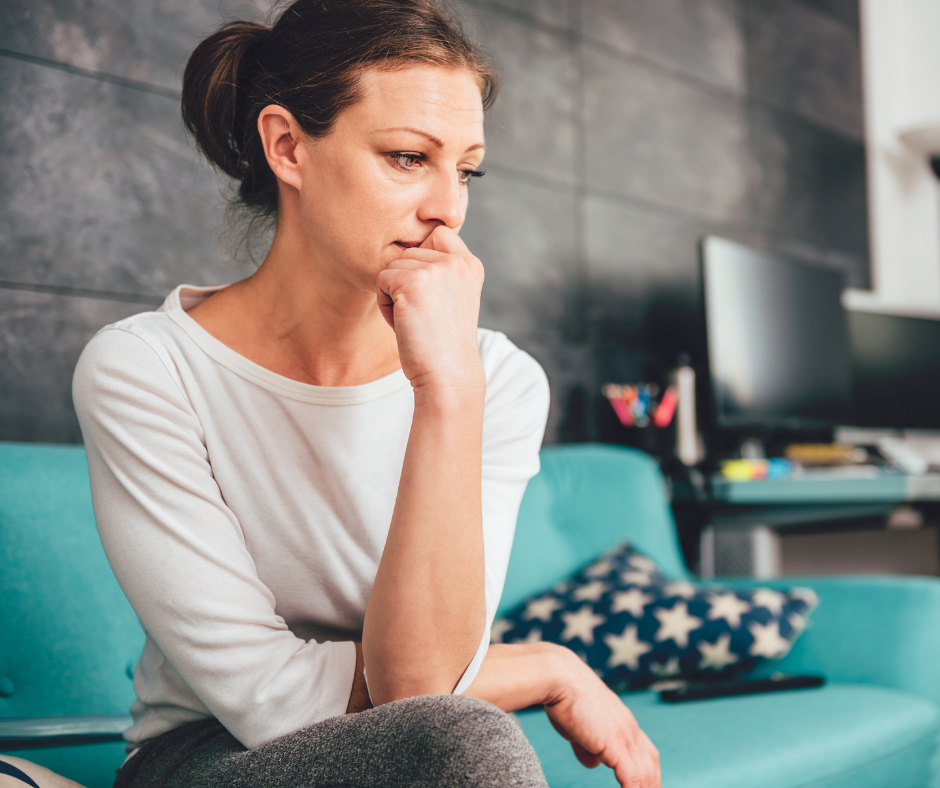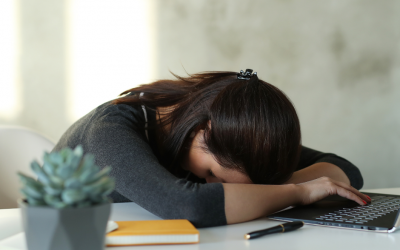
The initial outbreak of what we now know as Covid-19 feels like such a long time ago. Since those halcyon pre-pandemic days the world has dramatically, and perhaps irrevocably, changed. Here in the UK, we have endured not one but 3 lockdown situations – intense national quarantines. PPE, face masks, variants, sterilising gels have all become embedding into daily life. And now, as we somewhat uncertainly approach the potential end of lockdown and the so called ‘Freedom Day’ we now face a new issue – reopening anxiety.
First some context – lockdowns are effectively nationwide quarantines. Our borders have been shut, and even more drastically our own front doors have been shut to strangers, friends and family alike. Whether you have had the disease or not, we have all been in a state of isolation. And Anxiety and Mental Health issues are unfortunately key issues of the lockdowns.
We’ve spoken previously about the fact that the lockdowns are causing alarming rates of depression but things are actually a little more complicated than that. Now we are almost certainly facing an epidemic of Reopening Anxiety. Many people are already experiencing anxiety around the idea of returning to normality.

What IS Reopening Anxiety
Put simply reopening anxiety is a very real and tangible condition centred around the forthcoming return to what was normal life 18 months ago. A report by the American Psychological Association (March 2021) highlighted that around 50% of Americans felt ‘uneasy about adjusting to in-person interaction’. Indeed, many people have seemingly regressed into a ‘caveman syndrome’. For some the very idea of leaving our enforced but safe and comfortable nests is utterly terrifying.
Reopening anxiety is the rational or irrational fear of what is outside. It is the fear of the lingering tendrils of the pandemic. It is the constant fear of not only Covid but the seemingly endless variants. It is the fear of the potential transmission from strangers or worse to immuno-compromised relatives. Our brains are not all hard-wired to cope with the rapidly changing directions that the last 18 months has thrown at us.
Think back to the start of lockdown and the panic buying. There was the lockdown that everyone imagined and then there is the reality of what lockdown is. We came into lockdown expecting simply a long stay indoors, now we realise that it is complete isolation from those we need the most and it is having to watch people we know and love fall to a disease from a distance.
What causes reopening anxiety?
Arthur Bregman, a psychiatrist of Florida, believes that the concept of reopening anxiety is multi-faceted. For some, perhaps those who suffered from anxiety-related issue prior to the pandemic, the dramatic uncertainty posed by this situation is an incredible stressor. In fact, being quarantined into their own homes where they feel most comfortable has been somewhat of a blessing.
Conversely there are those who have previously been extroverted and gregarious who have been cowed into a state of panic through the constant stream of dire messages we have been barraged with for the past 18 months. For these people, the idea of returning to the world outside of their homes is now laced with fear.
Reopening anxiety is the result of a cocktail of stressors and triggers which combine to create a feeling of genuine fear and panic in the sufferer and experts agree that we should be prepared for significant numbers of the population to be suffering its effects. Worse still, as with so many mental health issues, reopening anxiety can be linked to a wide variety of comorbid conditions.
What can reopening anxiety do?
With anxiety, it can be quite common for there to be physical symptoms – intestinal problems, headaches, stomach troubles, fatigue and restlessness. Anxiety can lead to one becoming extremely physically rundown.
How might it affect my business and I?
Those living with mental health issues are unable to simply pack those issues away into boxes and handle them only in the confines of their homes. Mental health issues are carried with us throughout the day and everywhere we go. Given that a significant portion of our lives is spent at work, it means that any mental health issues can have a substantial impact upon our working lives.
It is unclear how reopening anxiety will exactly affect the workplace but it is likely to include absenteeism with employees unable to bring themselves to the point of being able to attend work. That can potentially affect employees if they are expected to return to the office. It may also affect even those working remotely – their physical symptoms may prohibit them from working.

Then there is the risk of presenteeism – when team members are physically present in work but their performance is significantly affected by their mental health issues. They may be ‘in work’ but is their mindset one that is conducive to work. Are they truly mentally prepared to operate in the workplace? Think in terms of efficiency, is it better to have a team member physically present if they are incapable of performing their duties due to the issues they may be struggling with? Furthermore, those suffering with a condition like reopening anxiety may also affect the mental health of those around them.
What can I do?
Becoming better acquainted with mental health issues is already a must for any business owner and their management teams. With the potentially exponential growth of mental health issues it is increasingly vital that staff members are equipped to handle mental health issues in the workplace. It is incredibly valuable sending at least one employee to become trained in mental health first aid in order to be able to address mental health issues like reopening anxiety. You can contact us today to find out how we can help you
We can help
Based in Wolverhampton, Mental Health Midlands is a first-class training provider supporting businesses in Wolverhampton, Birmingham, Walsall and the Black Country. We provide recognised course in mental health such as two-day courses to become Mental Health First Aiders to basic entry level half day mental health courses to aid understanding of a misunderstood area. We help businesses to overcome mental health issues and break the stigmas around mental health in the workplace.











